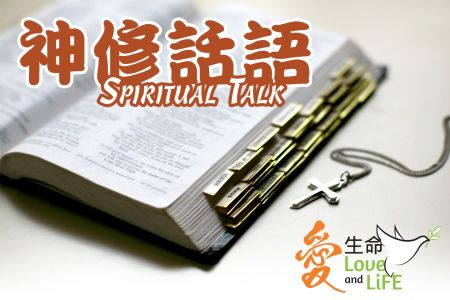In 1939, St. Josemaría Escrivá successfully escaped Communist territory and when the Spanish Civil War ended, he returned to Madrid. Opus Dei was criticized for being a secret society, so they received recognition from the Archbishop of Madrid in 1941 and from Pope Pius XII in 1950. Opus Dei had laity, married persons, and even some “co-operators”, some of whom were not even Catholics. These people helped Opus Dei in its ministries, like education and cultural works. Although persecution of Opus Dei continued, St. Josemaría responded not with enmity but prayer, and in 1951, he consecrated the families of all Opus Dei members to the Holy Family and the entire Opus Dei to the Immaculate Heart of Mary. He sent Opus Dei members around the world to spread the Gospel. He knew that the period of Vatican II would be a turbulent time, so he distributed Rosaries, asking for prayers for the Church, and went to Marian pilgrimage sites, praying for the Church himself. The saint passed away in 1975, hopeful of helping more people in Heaven, and was canonized by Pope John Paul II in 2002. He taught us that everyone has a vocation to holiness and has apostolic work.
